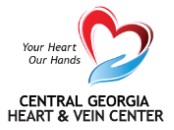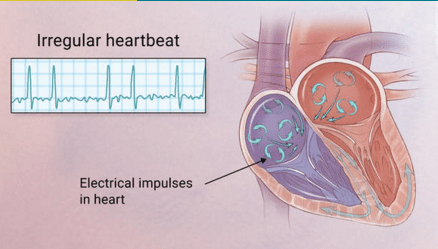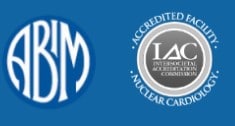Atrial fibrillation is a very common type of arrhythmia. Which is when your heartbeat is either irregular in rate or in rhythm caused by a too fast or too slow of a beat. Atrial Fibrillation is caused by rapid and disorganized electrical signals in the upper two chambers of the heart (atria). During AF, blood collects in the top chambers of the heart are not sufficiently provided to the lower two chambers which break the chain of blood distribution through the body.
Atrial Fibrillation Symptoms
Though AF does not always present symptoms it can present with chest pain or sudden heart failure if the heart begins to beat too rapidly. Patients with Atrial Fibrillation often report dizziness, fatigue, abnormal heart sensations and shortness of breath. If you are presenting two or more of these symptoms it is essential to contact your cardiologist as soon as possible.
How Does It Start?
Where does atrial fibrillation stem from? There are a variety of stressors that can cause your heart to go into AF. Fatigue or frequent illness, unbalanced hormones, medications, excessive exercise or body stress, and a history of heart disease can cause atrial fibrillation. Though there are many causes, the biggest link is undue stress on your body without relief. Making sure you respect your limits and practice heart health can save your life.
Atrial Fibrillation Treatment
The treatment for AF is dependent on each case. The following is a list of health care services your cardiologist may recommend include:
- Electrical cardioversion
- Cardioversion with drugs
- Medication
- Catheter ablation
- Surgical maze procedure
- Atrioventricular (AV) node ablation
If you have been diagnosed with AF or feel that you may be presenting symptoms, it is important to seek health help. At Central Georgia Heart Center, we provide comprehensive heart care. Contact us today for an appointment.





